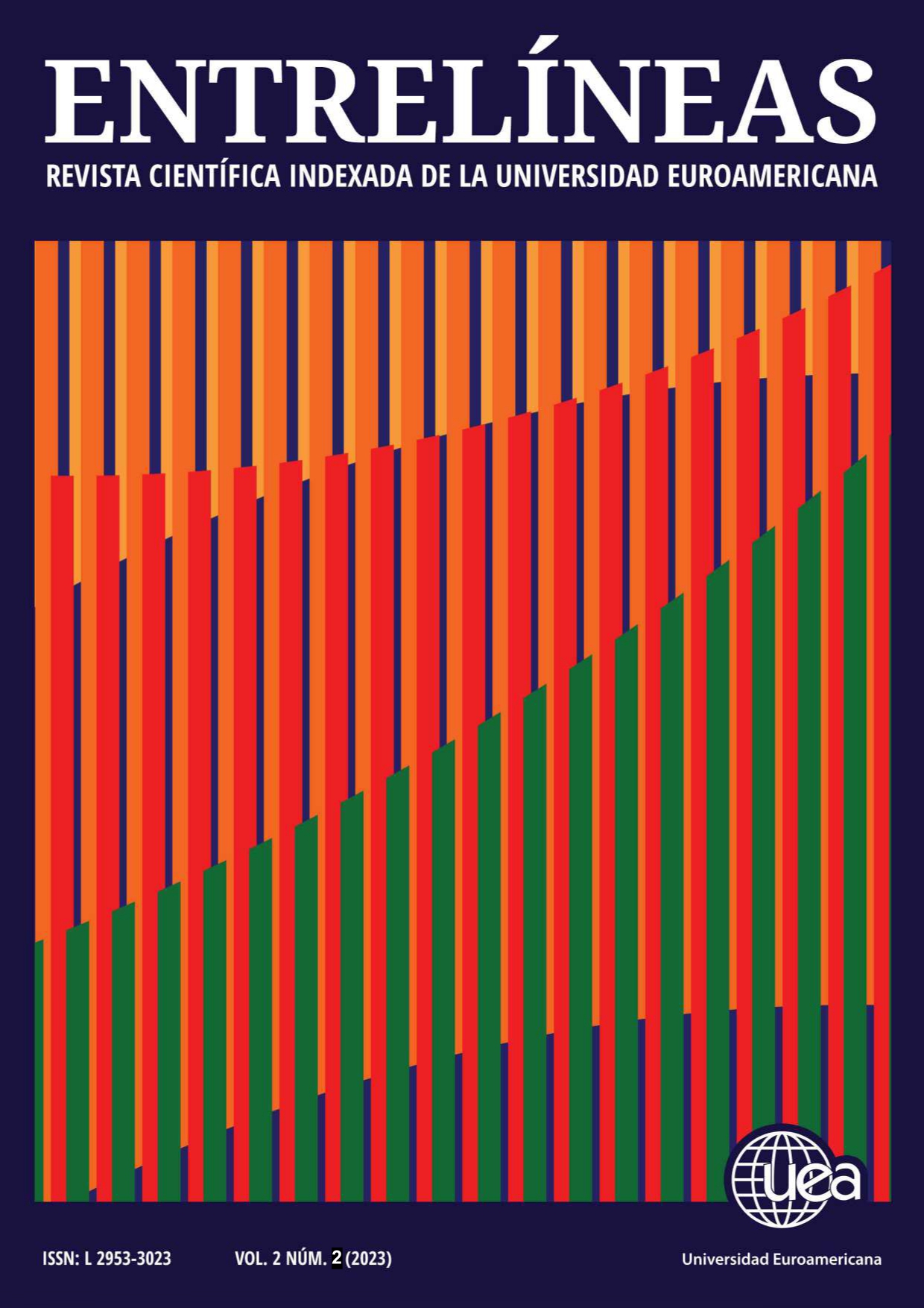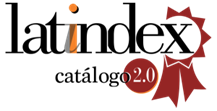Dialogical didactic training to promote the development of research skills
DOI:
https://doi.org/10.56368/Entrelineas223Keywords:
training, dialogic didactics, research skillsAbstract
This article presents a way of theorizing about dialogic didactic training to promote the development of research competencies in university teachers, taking into consideration the significant elements of this approach that demands greater linkage between the different actors of the educational fact, formulating the following question: ¿Is it in and from the training process that the conditions must be created so that the development of research competencies, skills and/or talents can take place, requiring for this a true dialogic didactic training? Developed from an interpretive paradigm with a qualitative approach, applying the in-depth interview as a technique and constantly analysing the information, until reaching saturation and theorisation, of the dialogic didactic training.
Downloads
References
Chajín, M. (2012). La Dialogogía, como utopía filosófica de América Latina. 54 Congreso Internacional de Americanistas. Construyendo diálogo en las Américas. Universidad de Viena, Instituto Austriaco para América Latina y Museo de Etnología, Viena, Austria.
Chajín, M. (2013). El enfoque dialógico como método de integración de racionalidades científicas. En Facultad de Ciencias Humanas (Presidencia), XV foro interno de estudiantes, profesores y egresados de Filosofía. Universidad del Atlántico. Universidad del Atlántico, Barranquilla Colombia.
Chajín, M. (2019). Didáctica dialógica para la formación de investigadores. Encuentro Internacional de Investigadores en Administración 2019, y III Congreso Iberoamericano de Investigación sobre MIPYME (FAEDPYME). Noviembre 19 y 20.
Fernández, B, Casimiro C, Casimiro, W y Casimiro J. (2022). Criterios para la Comprensión Didáctica y Contextual del Currículo como Espacio Público en Tiempos de Pandemia. Ediciones FEDICOR. https://repositorio.juanncorpas.edu.co/handle/001/132
Fernández, B. (2015) Investigación, innovación y emprendimiento: Categorías emergentes en la Dinámica Curricular de América Latina Ponencia. IV Congreso internacional la educación en América Latina: Creatividad, Innovación, investigación y emprendimiento. Un reto para la educación del siglo XXI. Siso Martínez.
Fernández, B. (2021). La Investigación como eje curricular en la formación profesional del estudiante universitario. En Quiñonez, O., y Yépez, G., Investigación en América Latina: una experiencia ecuatoriana Casa de la Cultura Ecuatoriana “Benjamín Carrión” Núcleo de Esmeraldas.
Kuhn, T. (2004). La estructura de las revoluciones científicas. [Traducción de Agustín Contin]. (8ª reimp.). Fondo de Cultura Económica.
López de Ramos, A. (2022). Evaluación institucional con fines de acreditación de las instituciones de educación superior en Panamá. Revista Pertinencia Académica., 6(1), 116–125. https://revistas.utb.edu.ec/index.php/rpa/article/view/2635
Martínez, M. (2000). La investigación cualitativa etnográfica en educación. Manual teórico práctico. Trillas.
Martínez, M. (2004). Comportamiento humano. Trillas.
Perrenoud, Ph. (2008, Junio). Construir las competencias, ¿es darle la espalda a los saberes? Red U. Revista de Docencia Universitaria, número monográfico I1” “Formación centrada en competencias (II)”.
Sandín, M. (2003). Investigación cualitativa en educación. Fundamentos y tradiciones. McGraw-Hill.
Spencer, R. (2015). How to apply social learning theory for effective e-learning. https://trainingindustry.com/blog/e-learning/how-to-apply-social-learning-theory-for-effective-e-learning/
Strauss, A y Corbin, J. (2002). Bases de la investigación cualitativa. Técnicas y procedimientos para desarrollar la teoría fundamentada. Universidad de Antioquia.
Taylor, S. J. y Bogdán, R. (1996). Introducción a los métodos cualitativos de investigación. La búsqueda de significado. Paidós.
UNESCO (2018). Declaración Final de la III Conferencia Regional de Educación Superior en América Latina y el Caribe (CRES 2018). https://www.iesalc.unesco.org/wp-content/uploads/2020/08/Declaracion2018
UNESCO (2023). Tecnología en la Educación. ¿Una herramienta a favor de quién? Tecnología en la educación | Global Education Monitoring Report (unesco.org). Informe mundial de seguimiento a la educación 26 de julio de 2023.
Downloads
Published
Issue
Section
License

This work is licensed under a Creative Commons Attribution-NonCommercial 4.0 International License.
You are free to:
- Share — copy and redistribute the material in any medium or format
- Adapt — remix, transform, and build upon the material
- The licensor cannot revoke these freedoms as long as you follow the license terms.
Under the following terms:
- Attribution — You must give appropriate credit , provide a link to the license, and indicate if changes were made . You may do so in any reasonable manner, but not in any way that suggests the licensor endorses you or your use.
- NonCommercial — You may not use the material for commercial purposes .
- No additional restrictions — You may not apply legal terms or technological measures that legally restrict others from doing anything the license permits.










